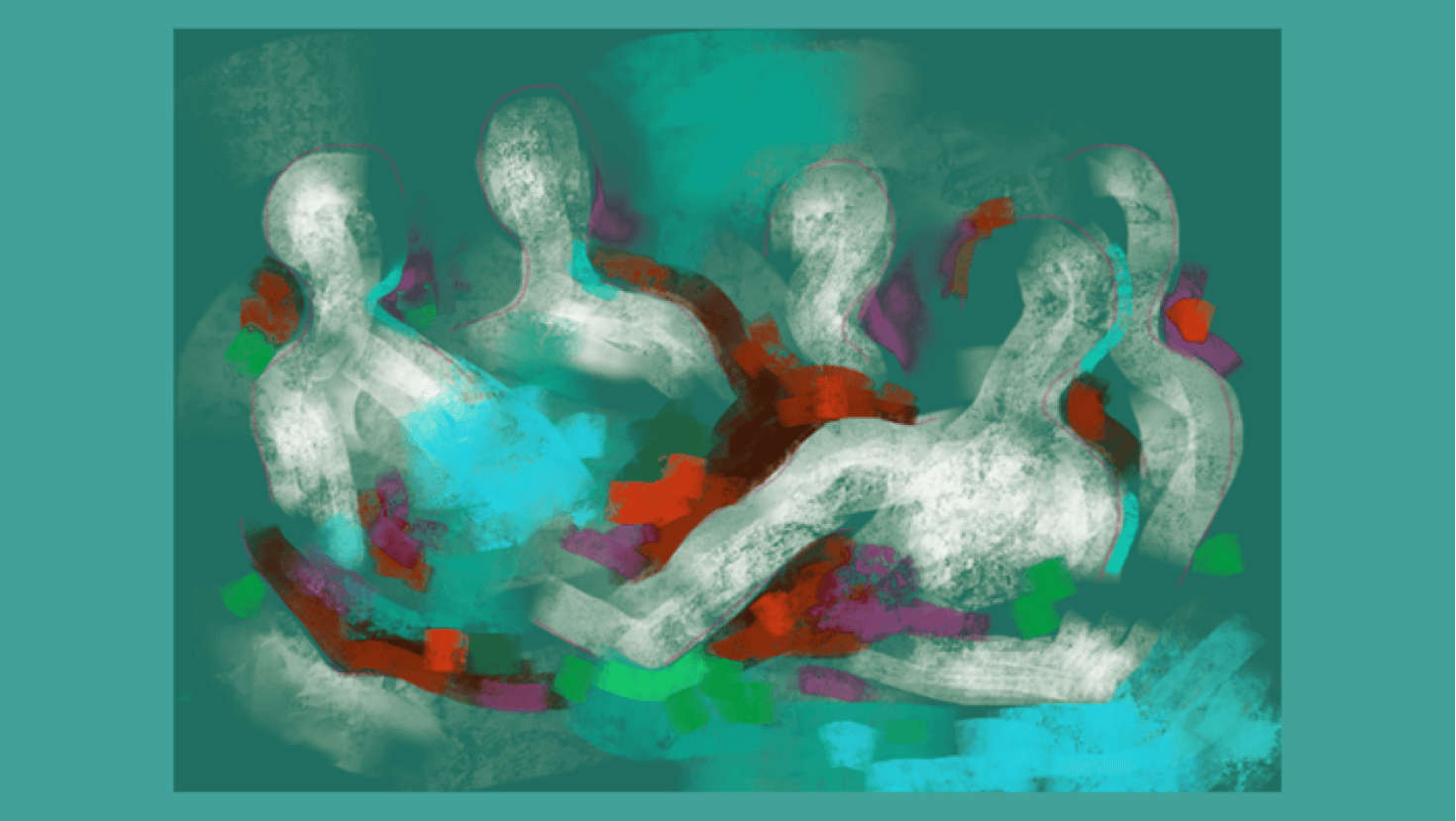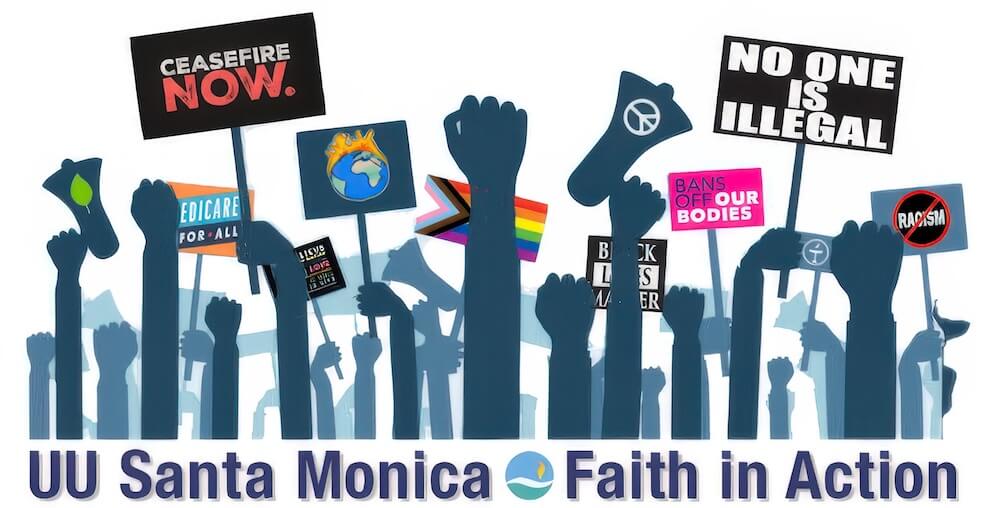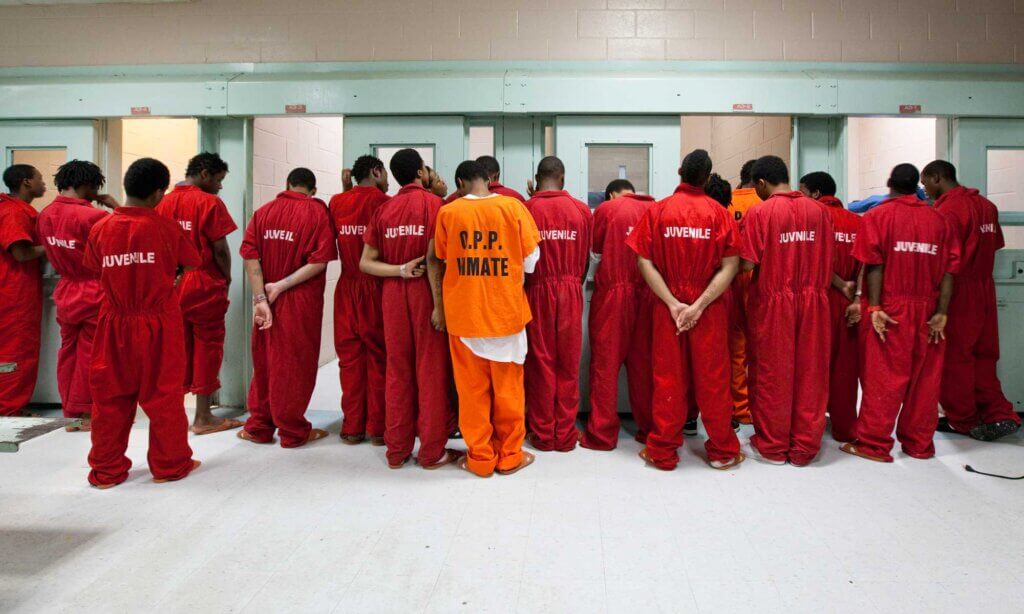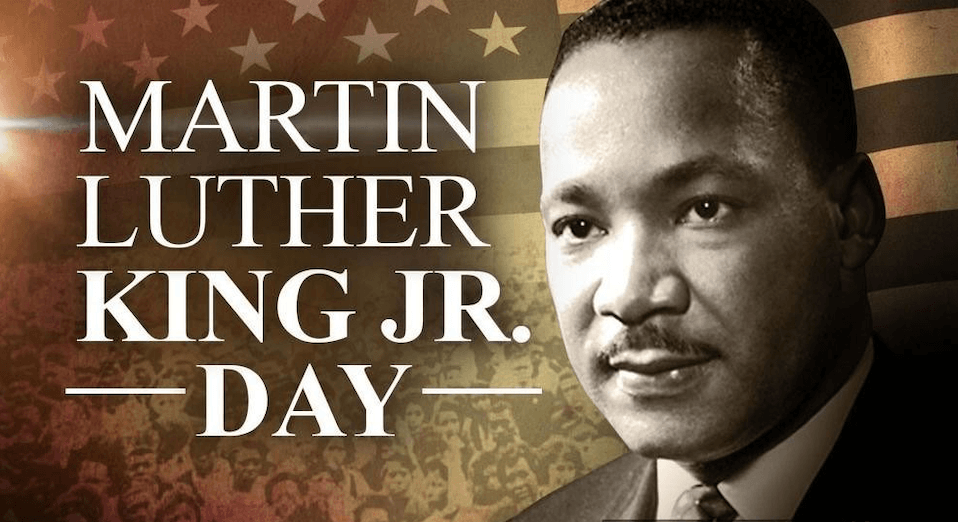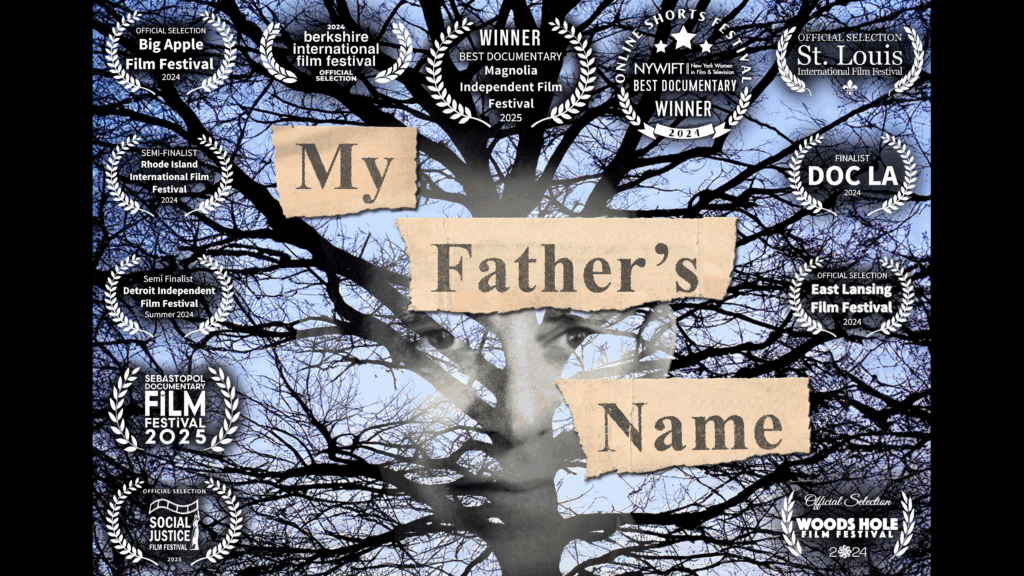Several people at our church participated in the Spring 2021 online course offered by the Fahs Collective at Meadville Lombard Theological School, a Unitarian Universalist seminary. More information can be found at www.meadville.edu/fahs-collaborative/beloved-conversations/. Registration for the Fall 2021 Program, which begins September 21 and runs through mid-December 2021, is open now. Here is one personal summary of the Spring course. The news magazine would love to offer other reviews of the program. If you participated, please submit to newsletter@uusm.org.
By Cheryl Barnett
I began writing my review of the Beloved Conversation Program discussing how it was structured, organized, the timing, etc. But looking over my notes, I recognized the essence of the program was self-examination, un/learning with essays and lessons designed to be on a personal level, smorgasbord-style, not a list. So my personal review would be that as I read, listened, sang through the lessons, I felt challenged to think about my ancestors, my growing up with white privilege/heritage, and to first reflect on my life experiences as I worked through the program.
The entire program is separated into two groups: White Folks and People of Color, letting the primary message of racism percolate personally without that inner or outer critique. By offering care to “move at the speed of trust,” my own stories have no less meaning, rather they allowed me to move towards increased clarity on how I got to this place of privilege with my own White Supremacy. I felt no triggers to accept personal blame from the variety of lessons, rather an ever-increased awareness of the myriad of ramifications that race now has/had on my life as well of those persons of color in America. The phrase most clearly defining this is: “through an awareness of intersectionality, we can better acknowledge and ground the differences among us.”
At times I was, however, overwhelmed by the multiplicity and complexity of racism, as the lessons were illuminating. Also the realization that living in the moment, without “rightness” constructs, will also bring ever more awareness that my growth is not a once-upon-a-time event but requires a lifelong stand to listen to those with different stories and remain curious, knowing that, with trust, change will happen.
Understanding that the greater legacy that intolerance, hate, and white supremacy has brought to our current society will continue to exist, I feel the weight this leaves on White People to make societal changes. Living with heightened awareness, mindfulness, and a responsibility to grow away from White Supremacy both personally and in community was the goal of the program and it resonated with me personally.

